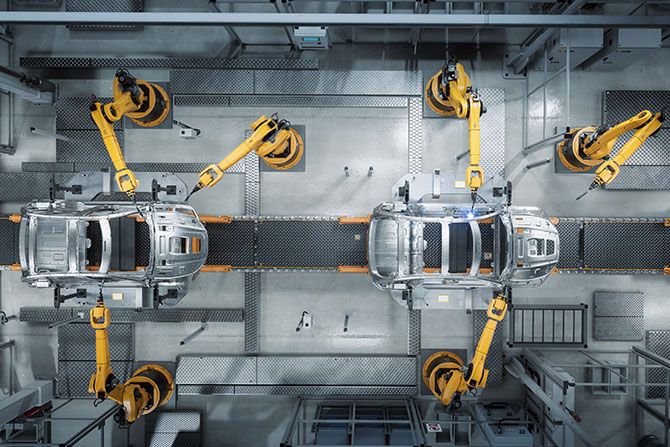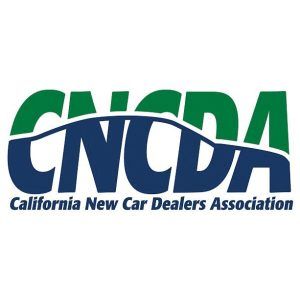The California New Motor Vehicle Board plays a key role in adjudicating disputes between dealers and manufacturers. The Board is authorized to adjudicate disputes involving franchise termination, modification and warranty reimbursement. The Board can further adjudicate disputes involving manufacturer performance standards and chargebacks or disapprovals.
Dealers file “protests” with the Board to compel manufacturers to follow California franchise law. After the dealer files a protest, the Board may order a mandatory settlement conference. If a settlement cannot be reached, an administrative law judge may oversee litigation that culminates with a proceeding akin to a trial. At this proceeding, evidence is presented by both the dealer and manufacturer. Following the proceeding, the judge will issue a proposed decision. The Board may adopt, modify or reject the proposed decision.
The Board offers several advantages when compared to litigation in state Superior Court. First, although the process is not swift, it is generally less expensive, complicated and time-consuming when compared to ordinary court proceedings. Second, administrative law judges on the Board often have subject-matter expertise on dealer franchise law, which means dealer counsel may need to spend less time educating the judges about the relevant law. Third, many protest rights contain a burden-shifting provision that requires the manufacturer to demonstrate that their action complies with the law. Finally, the Board itself includes dealer members who understand the need for fair rules governing automotive franchise relationships. While these dealer members cannot participate in protests filed by other dealers, their perspective helps the public members of the Board and staff understand the need for the consistent application of state franchise law.
Unfortunately, while the Board has jurisdiction to adjudicate disputes involving key aspects of California franchise law, its authority is limited. For example, California law restricts the ability of manufacturers to impose more than one facility upgrade requirement every 10 years. Prior to 2024, a dealer seeking to enforce this law against a manufacturer operating an unlawful facility upgrade requirement would be required to file a lawsuit in state Superior Court, because the Board lacked the judication to hear the dispute.
To address these limitations, CNCDA worked tirelessly to make sure that our 2023 franchise bill (AB 473) included authority for the Board to hear additional types of disputes. Effective Jan. 1, 2024, the Board now has the authority to hear protests involving the vehicle and parts allocation, facility upgrade requirements and unlawful competition.
Dealers who would like to learn more about these new protest rights are encouraged to contact our legal hotline at (916) 441-2599. Also, look out for information to register for an upcoming franchise law webinar, which will be held in mid-2024. Finally, look for an updated copy of CNCDA Franchise Law Manual on our website (www.cncda.org) under the ‘CNCDA Comply’ tab later in 2024.








